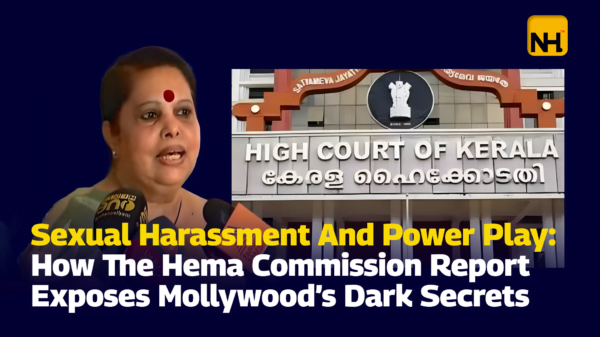In a much-anticipated decision, the Supreme Court, in a 3-2 majority ruling, has declined to grant legal recognition to same-sex marriages. The verdict comes after five months of careful consideration, during which the court heard extensive arguments from both sides. The ruling has evoked mixed reactions from various segments of society, raising questions about the rights and recognition of the LGBTQIA+ community in India.

Source: India Today
Supreme Court’s Reasons for Ruling Out Same-Sex Marriages:
Standpoint of the Indian Government:
The Narendra Modi government has opposed same-sex unions, asserting that the legislative policy of India only validates marriage between a biological man and a biological woman.
The government proposed the establishment of a panel, led by the cabinet secretary, to address the concerns of same-sex couples without directly addressing the legalization of their marriages.
Petitioners’ Arguments:
Senior advocates representing the petitioners, including Mukul Rohatgi, Abhishek Manu Singhvi, and others, emphasized the equality rights of the LGBTQIA+ community, advocating for legal recognition under the Special Marriage Act.
The petitioners stressed the importance of granting dignity and various welfare benefits to same-sex marriages, striving for a more equitable society.

Source: Hindustan Times
Constitutional Bench Composition:
The Constitution bench, presided over by Chief Justice Dhananjaya Y. Chandrachud, along with Justices Sanjay Kishan Kaul, S. Ravindra Bhat, Hima Kohli, and P.S. Narasimha deliberated on the case extensively before delivering the verdict.
Scope of Decision-Making:
The Supreme Court refused to declare the right to marriage as a fundamental right, emphasizing that the Special Marriage Act cannot be deemed unconstitutional solely for its lack of recognition of same-sex marriages.
The Court also emphasized the limitation of its power to create social or legal institutions for non-heterosexual couples and urged Parliament to determine the law on marriage.

Source: DH
Verdict’s Implications and Reactions:
The ruling denied any constitutional or fundamental right to civil unions, while allowing the government to proceed with the proposed committee to address concerns of same-sex couples.
While some activists expressed disappointment with the outcome, they highlighted positive aspects, including the recognition of rights for transgender individuals within heterosexual relationships.
The verdict has significant implications for the LGBTQIA+ community in India, prompting discussions on the role of the judiciary versus the legislature in shaping the country’s social and legal landscape. As the nation grapples with these pivotal issues, the focus remains on the pursuit of equality and the safeguarding of individual rights for all members of society.




















































































